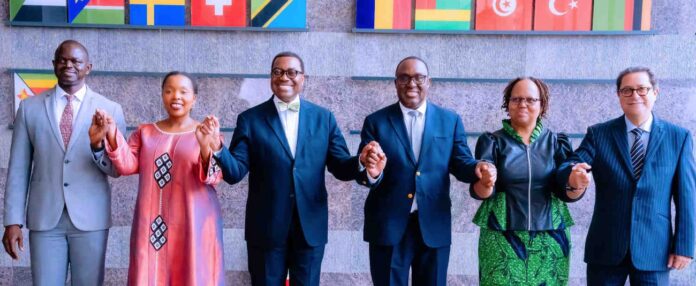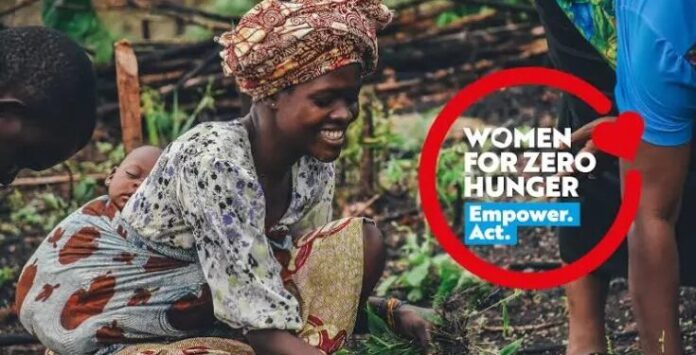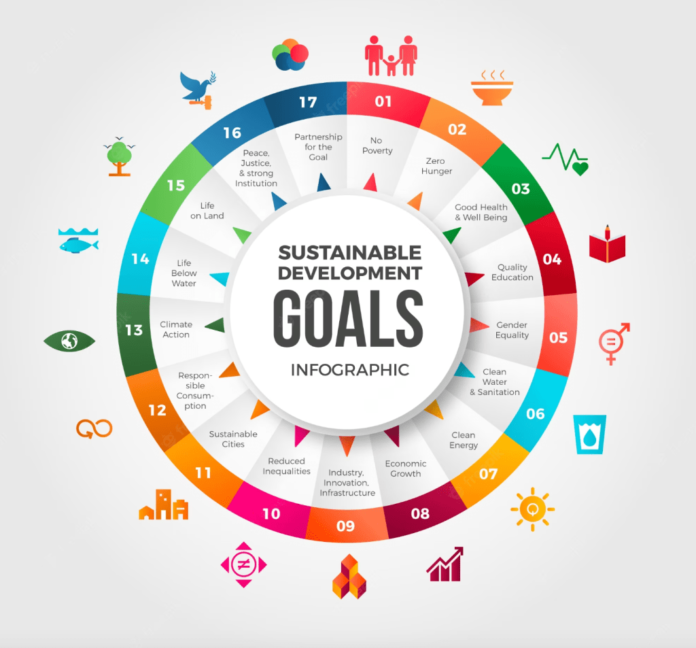The UN International Day of Women and Girls in Science, celebrated on 11th February, is an annual international day event to recognize the critical role women and girls play in science, technology, engineering and mathematics (STEM).
In Ghana, the Day is usually designated to promote STEM education among girls. It is also used to project women in STEM-related fields and their achievements to motivate more girls to venture into male-dominated fields. Since 2019, the Greater Accra Regional Unit of the Ghana Education Service (STMIE/STEM Unit) has been collaborating with several stakeholders to commemorate this important occasion.
This year, the STMIE/STEM Unit, in collaboration with Women in Engineering (WIE) and Anchor Resource Management and Trading LTD (ANCHOR), will be celebrating the Day by focusing on women in agribusiness and engineering. The overall objective is to use the Day as a platform to draw attention to the strong linkages between STEM disciplines and Agribusiness, and thus expose the students or girls to appreciate the good side of agriculture and the numerous opportunities available to help them to be independent and to live a sustainable lifestyle.
The Day will be commemorated worldwide under the theme: “Women in Science Leadership: A New Era for Sustainability”.
Brief background
Gender equality has always been a core issue for the United Nations. It is an undeniable fact that gender equality and the empowerment of women and girls will make a crucial contribution not only to economic development of the world, especially Africa, but also to progress across all the goals and targets of the 2030 Agenda for Sustainable Development.
Yet, there exists a significant gender gap across all the various economic and developmental actors, globally. Typically, gender gap has persisted throughout the years at all levels of STEM disciplines all over the world. Even though women have made tremendous progress towards increasing their participation in higher education, they are still under-represented in these fields.
In Africa, for example, only 30% of science professionals are females. Ghana follows this trend; only 14% of all students attending university are females and women made up 26% of PhD graduates in 2018. (Sources: UNESCO Science Report, 2021 & UNDP Ghana)
On 22nd December 2015, the United Nations General Assembly met to adopt resolution 70/212 titled “International Day of Women and Girls in Science”. This resolution formally proclaimed February 11 as the annual observation of the International Day of Women and Girls in Science.
2. Benefits to participants: Participants especially students or girls will have the platform to connect and network with industry experts and players in agrifood systems, engineering, and other related field of interests. Especially to:
(a) Expose students to the women (leaders) who are breaking bounds to better the lives of people in their society.
(b) Promote mentorship and career development to supports the next generation of women leaders in STEM
(c) Urge students to cultivate the spirit of entrepreneurship while schooling
(d) Use STEM to create employment for a sustainable lifestyle.
3. Proposed activities, 3 main (key highlights):
(a) An industrial tour to 2 agro-processing companies (Friday, 9th February, 2024). The objective of the tour is to expose STEM students to practical working environment with theoretical learning and pave the way for them to gain more insights into the industries.
(b) Sports (Sunday, 11th February, 2024): Health walk in the morning and other sport activities including athletics, football, indoor games, volleyball, table tennis, etc.
(c) Workshop (Monday, 12th February, 2024): Main features include –
i. Pitching of products from agribusiness women and exhibition of science projects.
ii. Training session including best farming practices and types, products, agrotech, agribusiness, data analytics, climate technology, etc.
iii. Talks including health and wellness, links between STEM and Agrofood Systems, strategic leadership, career counseling (science, agribusiness, and its affiliates).
The venue for the Sports and Workshop activities is at Knutsford University College, East Legon, Accra.
4. Eligibility: Players within the agrifood systems, engineering, science and other fields especially women, students (including upper primary, secondary, and tertiary levels) civil society organisations, private sector, etc. Target size: 300 participants
5. Support needed: Cash or kind donations are highly welcomed. The target is to raise a total of GH¢101,100. This is geared towards social mobilization, refreshments and the training of the students.
6. Contact details: +233 24 707 9969, +233 24 408 5614, +233 24 477 0615














